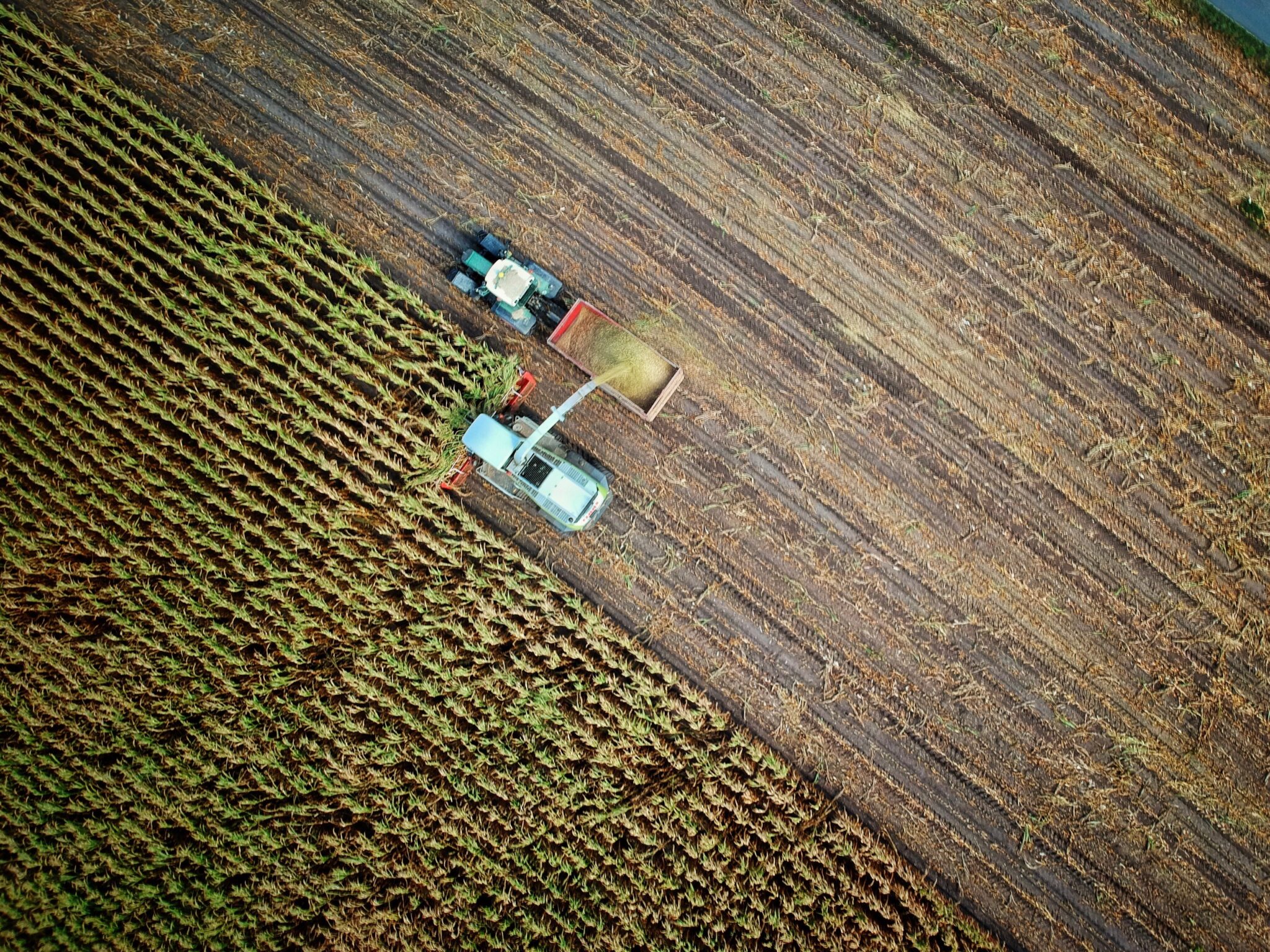Harnessing the Power of AI in Agriculture: A Path to Sustainable Farming and Enhanced Productivity
The global population is projected to reach nearly 10 billion by 2050, which will require a significant increase in food production. Traditional agricultural practices may not be sufficient to meet this growing demand, and the agriculture industry is turning to innovative solutions like Artificial Intelligence (AI) to improve productivity, efficiency, and sustainability. AI is revolutionizing agriculture, from precision farming and crop health monitoring to supply chain management and forecasting. This article explores how AI is transforming agriculture and helping to build a more sustainable future.
Precision farming
Precision farming involves the use of AI-driven technologies, such as drones, sensors, and satellite imagery, to collect and analyze data on soil conditions, weather, and crop health. This data-driven approach enables farmers to make more informed decisions about irrigation, fertilization, and pest control, optimizing resource use and reducing environmental impact. By applying resources like water and fertilizer only when and where they are needed, precision farming can increase crop yields, reduce costs, and minimize the negative effects of agriculture on the environment.
Crop health monitoring
AI-powered systems can monitor and analyze crop health in real-time by processing data collected from drones, satellites, and ground-based sensors. These systems can identify issues like nutrient deficiencies, diseases, and pest infestations, allowing farmers to take targeted action and prevent widespread crop loss. Early detection of crop health issues also helps farmers maintain the quality and quantity of their harvests, ultimately leading to increased profits and food security.
Predictive analytics for forecasting
AI-driven predictive analytics can forecast weather patterns, crop yields, and market trends, enabling farmers to plan and optimize their operations more effectively. Accurate predictions of rainfall, temperature, and other environmental factors can inform irrigation and planting schedules, reducing crop loss due to unfavorable weather conditions. Additionally, AI can help farmers anticipate fluctuations in market demand and pricing, allowing them to adjust their production strategies accordingly.
Automated farming equipment
Autonomous tractors, harvesters, and other farming equipment are becoming increasingly sophisticated as AI technology advances. These AI-powered machines can perform tasks like planting, spraying, and harvesting with greater precision and efficiency than their human counterparts. Moreover, by automating repetitive and labor-intensive tasks, AI-driven equipment can reduce the need for manual labor, lower operational costs, and improve worker safety.
Supply chain management
AI can optimize agricultural supply chains by streamlining processes like transportation, storage, and distribution. By analyzing data from sensors and other sources, AI-driven systems can identify inefficiencies, predict equipment failures, and optimize routes for transporting goods. These improvements can reduce food waste, lower transportation costs, and ensure that perishable goods reach their destinations in optimal condition.
Livestock monitoring and management
AI-powered systems can monitor livestock health, behavior, and productivity through the analysis of data collected by cameras, sensors, and wearable devices. By detecting early signs of illness, stress, or other issues, farmers can address problems before they escalate, improving animal welfare and productivity. AI-driven technologies can also assist in managing breeding programs, optimizing feed formulations, and predicting milk production, leading to more efficient and sustainable livestock operations.
Conclusion
The integration of AI into agriculture has the potential to revolutionize the industry and help address the challenges of feeding a growing global population. As AI-driven technologies continue to advance, their applications in agriculture will expand, providing new opportunities for sustainable, efficient, and profitable farming practices. Embracing AI’s transformative potential in agriculture is essential for ensuring food security, environmental sustainability, and the long-term success of the industry.








